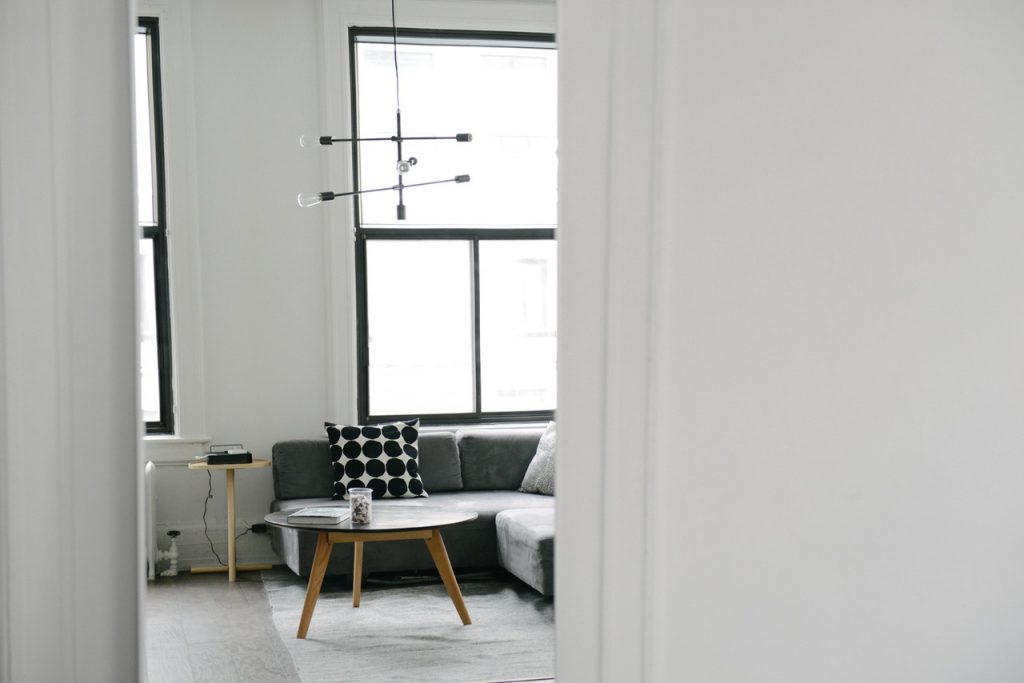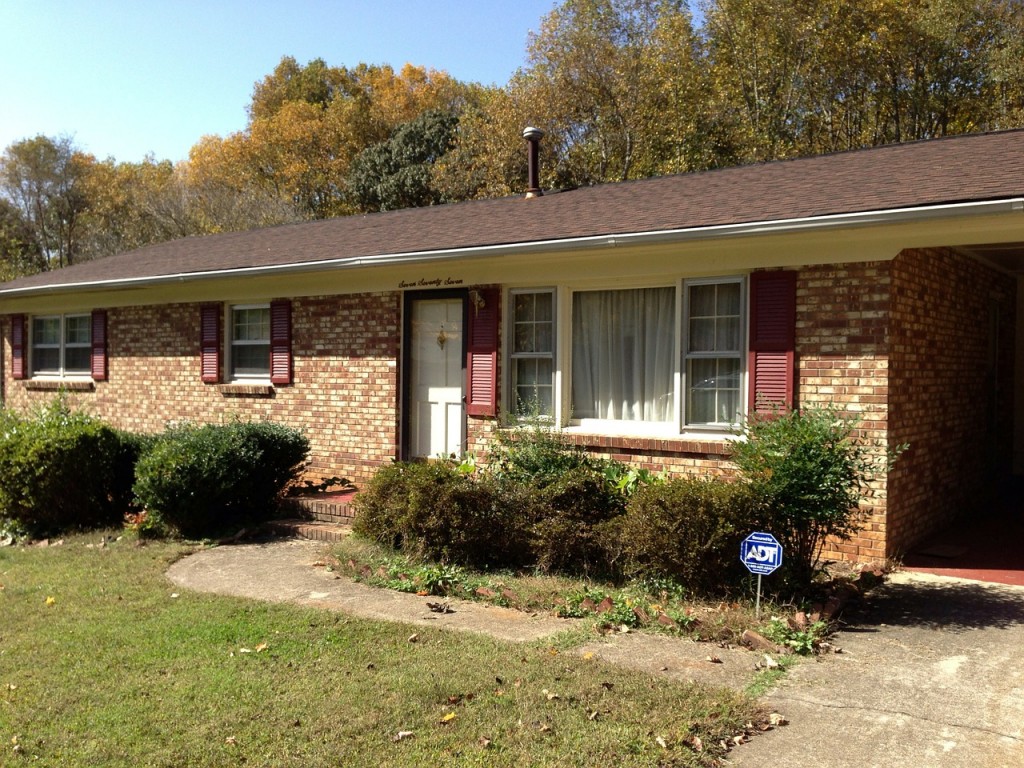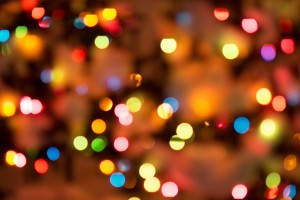According to the Census Bureau, as of 2013 27% of households in American consisted of only one person. There were a number of reasons why single person households were on the rise including delaying marriage, personal choice, and increasing health in seniors. Whether you’re living by yourself because you recently moved to the area for a new job or you just enjoy the solitude of not having a roommate, living alone does pose some safety concerns. We have several tips to maintain your safety without infringing on your solo lifestyle.
Don’t Share Everything
At a cool bar? Check-in on Facebook. Delicious meal in front of you? Post it to Instagram and tag the restaurant. We can tell everyone where we are at every single moment of the day thanks to the power of social media. Don’t do it! If you check-in to a location you’re advertising to anyone with access to your social media accounts that you are not home. If you check-in at home, you’re giving those same followers the exact location of your home. You should also avoid checking-in to the locations that you frequent during your daily routine. You don’t want to leave a digital trail for someone with less than good intentions.
Secure Your Home
Regardless if you’re living in a single home or an apartment on the top floor of a building, securing your home is a must-do. Locking your windows and doors before you leave your house is obvious but you should also lock them after entering. You can also purchase window and door guards that are easy to install and remove in the event of an emergency. Leaving lights on can also give the appearance of someone home, which will deter a person looking to break into a home. If you have security personnel hired by your apartment building, make them aware that no one is allowed up to your door without confirmation from you. Home security systems also come with a wide array of features and price points. These systems can include cameras that allow you to see who is at your front door more clearly than a peephole would.

Be Aware
If you’re walking or traveling alone, you should resist the urge to distract yourself with a book or your smartphone. Remain aware of your situation and surroundings at all times is important. If you notice someone who may be following you, do not go home but rather to a public space where you can seek out assistance. Avoid getting into stairwells, elevators, or others that don’t allow for quick exits.
Research
During your home search you should research the crime rates in a given area. Realtors are prohibited from providing this information to you due to discrimination laws but sites like CrimeWatch.com and your state’s Meghan’s Law website can give you crime statistics and whether sex offenders live or work near where you are looking to live. If you can, ask the neighbors or other tenants for their feelings about the area. You can also research your landlord through a public records search and sites such as ReviewMyLandlord.com.
Say “Hi”
Once you’re moved in, make an effort to get on good terms with your neighbors. You don’t have to become best friends but showing that you’ll be a welcomed addition to the neighborhood will go a long way. Exchange names and phone numbers once you feel comfortable. Neighbors may be able to notice if something does appear to be quite right with your home and can contact you or the police if necessary.
Personal and home safety extends well past the four walls of your home. Put these tips into practice for peace of mind.

